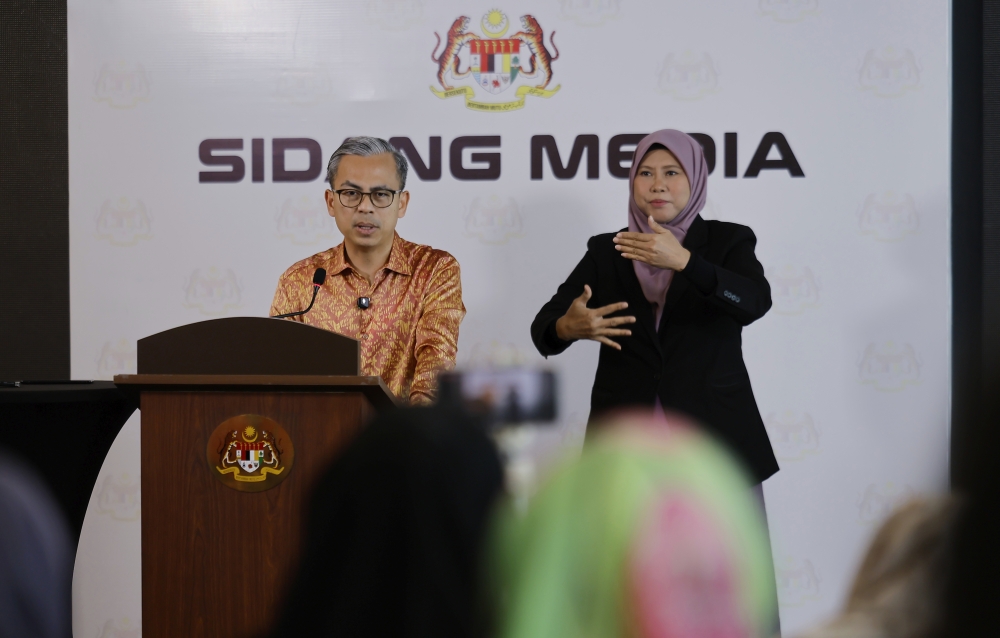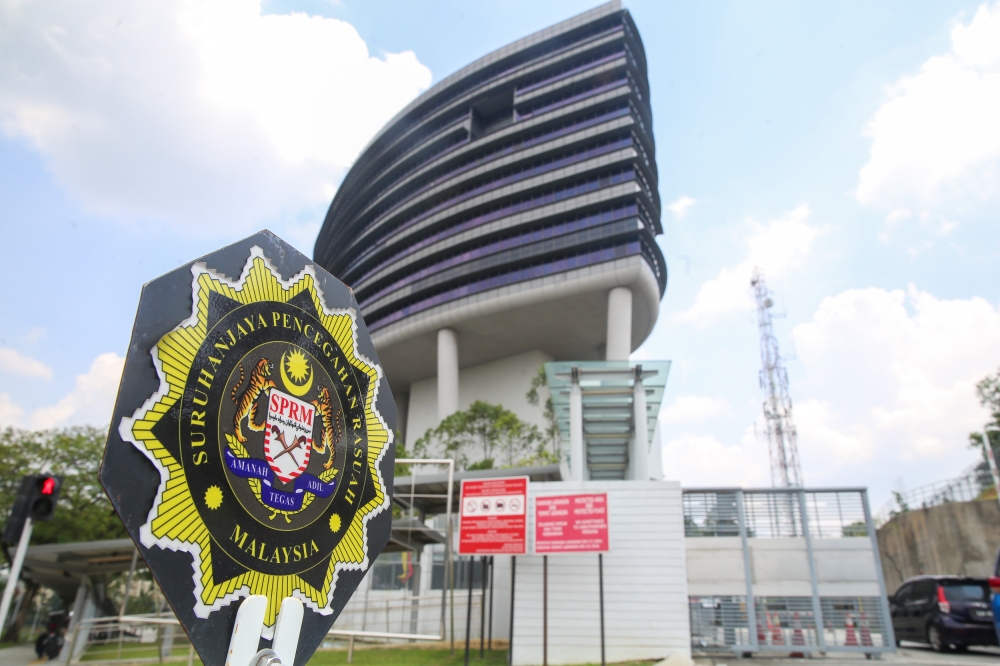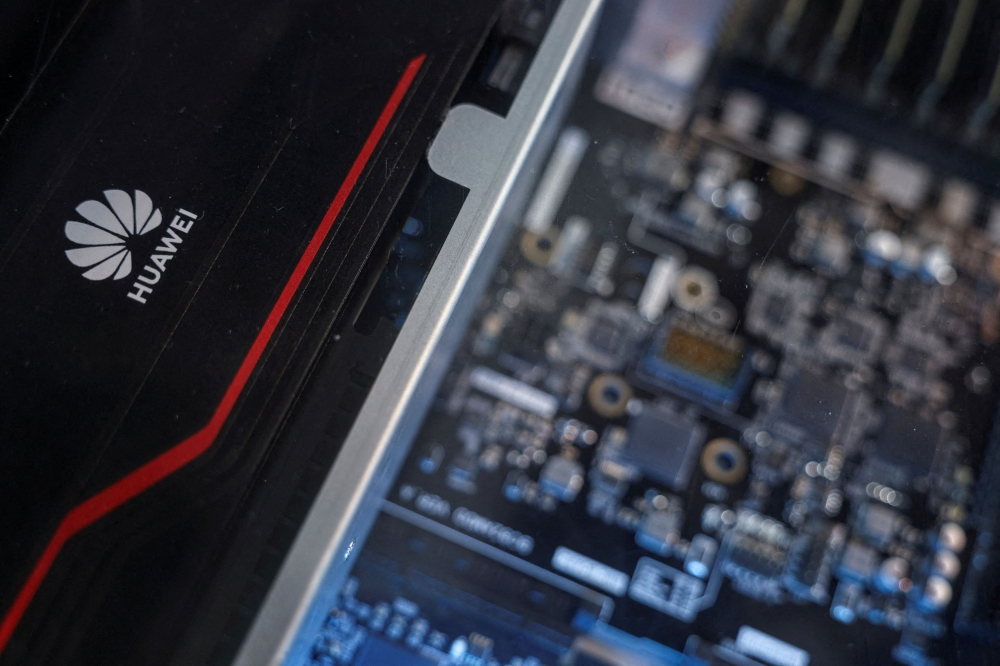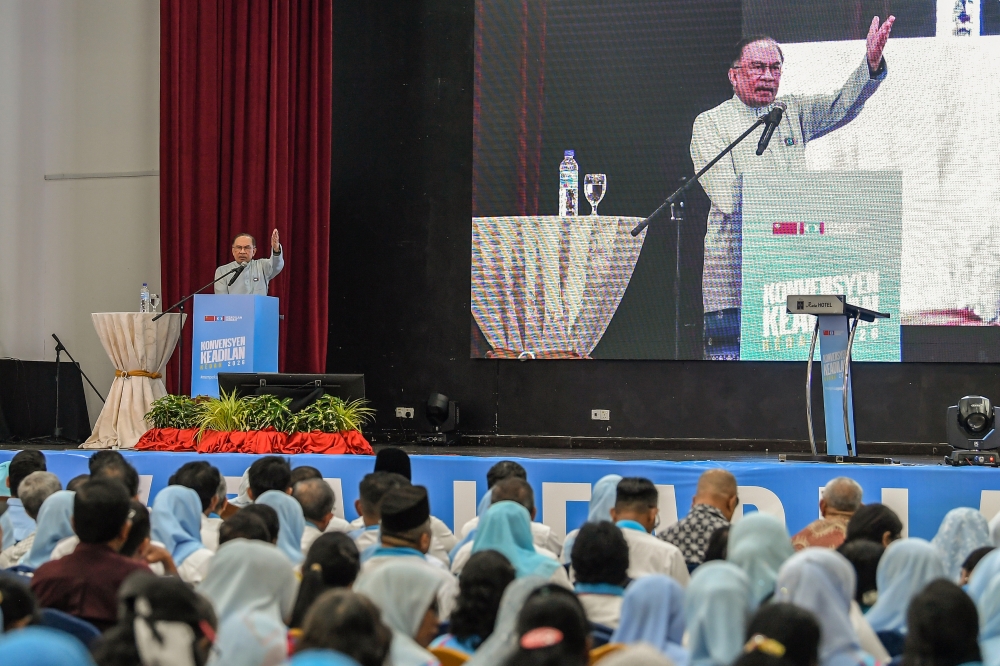KUALA LUMPUR, May 21 — Malaysia’s announcement and quick retraction of plans to deploy Huawei AI technology has highlighted the intensifying technological rivalry between the United States and China.
According to Bloomberg, the Malaysian government initially declared it would implement 3,000 Huawei Ascend GPU-powered AI servers nationwide by 2026, positioning itself as the first country to adopt this technology at a national scale.
This move would have represented a significant win for Chinese tech influence in Southeast Asia at a time when the US is actively working to contain China’s global AI expansion.
However, the White House responded swiftly to the news, with US President Donald Trump’s top AI adviser David Sacks using the announcement to validate concerns about China’s growing technological reach in strategic markets.
Sacks pointedly suggested that the Trump administration’s easing of Biden-era chip restrictions had come “just in time” to counter potential Chinese dominance.
As I’ve been warning, the full Chinese stack is here. We rescinded the Biden Diffusion Rule just in time. The American AI stack needs to be unleashed to compete. https://t.co/NiA6sUz0ug
— David Sacks (@DavidSacks) May 20, 2025
Within a day of the announcement, Malaysian officials abruptly withdrew Deputy Communications Minister Teo Nie Ching’s statements without offering any explanation for the reversal.
A Huawei spokesman contradicted the initial claims, saying that no Ascend chips had been sold in Malaysia and the government had not made any purchases.
The incident follows recent US Commerce Department guidance warning that using Huawei’s Ascend chips “anywhere in the world” could potentially violate American export controls.
The Commerce Department later softened this language, demonstrating the delicate balancing act in enforcing technology restrictions without alienating international partners.
Malaysia is caught between competing superpower interests as the Trump administration pushes American AI hardware in emerging markets while attempting to block Chinese alternatives.
US officials have expressed concerns that Malaysia might be functioning as a transshipment point for restricted semiconductor technology destined for China.
Investigations into potential chip rerouting are currently underway in both Malaysia and Singapore as the US seeks to maintain its technological advantage over China.



















